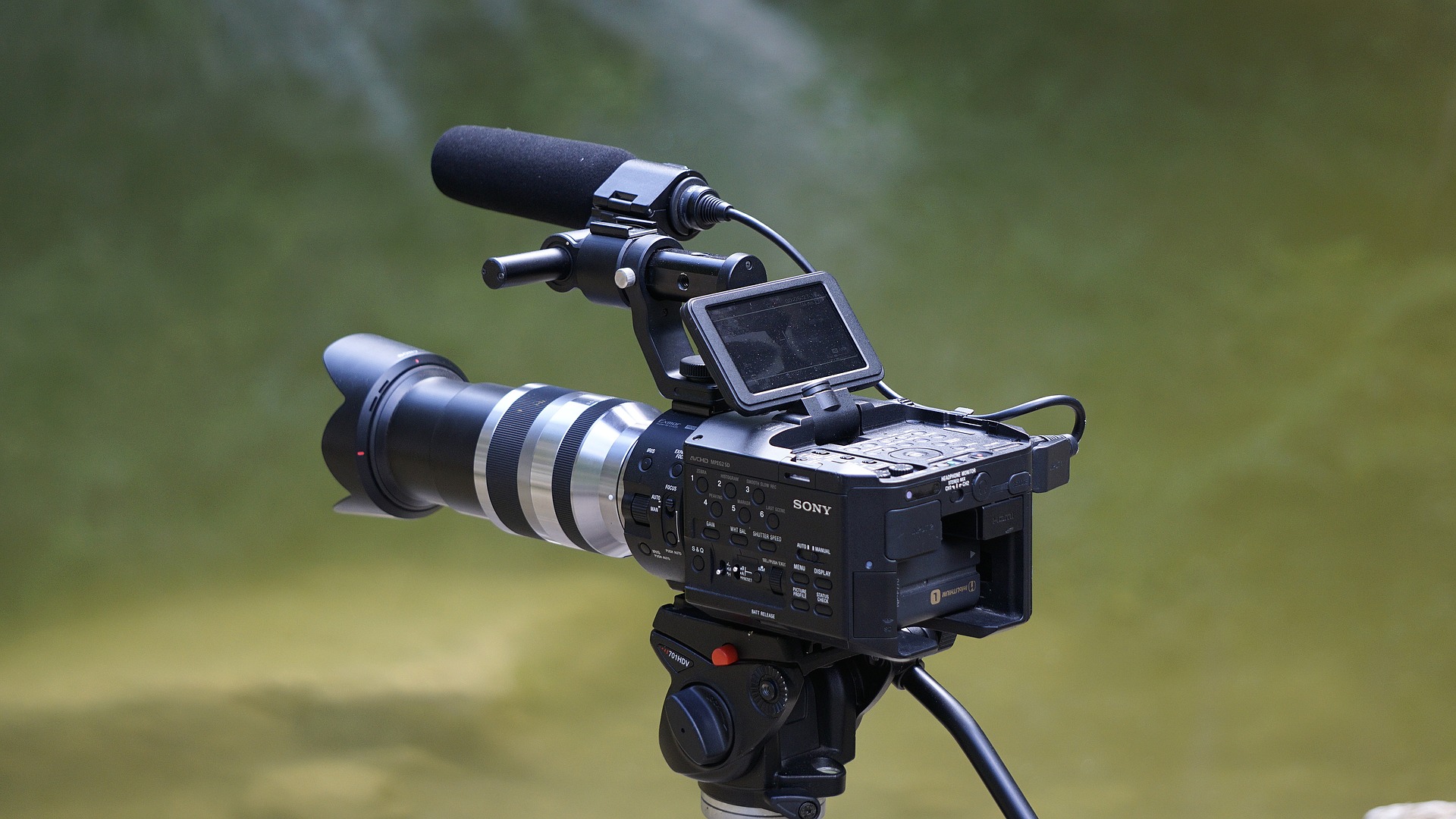
Cinema is extremely popular in India. If you look at the stats, around 1800 films are produced every year in different regional languages. A cinematography career in India can be highly-competitive and rewarding at the same time. If you plan to become a cinematographer, you need to choose the right cinematography courses. Here are some things you can expect from these courses.
Different Types of Cinematography Courses
There are around 182 film making institutes in India. Each institute offers a wide variety of cinematography courses like Diploma in Film Making and Degree in Photography. Each course has different modules and contents.
When selecting any cinematography course in India, you need to be taking a look at the course contents. Here we have listed some of the important topics in the cinematography courses.
Media Technology
The media technology module focuses on fundamentals of communication, media representation, digital processing, and storage. The course contents have more emphasis on video media, still images, and audio.
Students get an opportunity to analyze media technologies.In this module, you can learn crucial media properties such as computational graphics, latency, bandwidth, noise, and resolution.
Pre-Production Techniques
Pre-production techniques are essential in film making. The module focuses on the critical tasks that need to be undertaken before film making. Some cinematography courses in India include fundamental aspects like wardrobe identification, planning the location, script locking, storyboarding, and research. The pre-production process is considered vital because it allows you to build a film production schedule.
Media and Psychology
According to 2013 stats, India ranks first in terms of annual output. The Indian film revenues have reached $1.86 billion in the year 2011. Media Psychology is an integral part of filmmaking. It relates to an impressive field of psychology that deals with media technology and human interaction.
The course contents focus on activities like design, consulting, production in television, news broadcasting, video games, and films. Media psychology focuses on creating more positive experiences like enjoyable films and television shows.
Studio Production
Studio production encompasses all processes, such as recording and producing content. Often the production team is required to work on different aspects of filmmaking. The studio production module offers a physical foundation for the work that needs to be done.
The module also gives students information about various equipment used in sound production. They may include a pop shield, microphone, monitor speakers, and acoustic treatments.
Post Production
Post-production is the last part of film making, albeit a crucial one. When the recording of video and audio is completed, post-production work starts. It encompasses all editing work of audio and video.
Students learn various things like applying different sound effects, cutting raw footage, dubbing, adding music, and assembling all footage and other elements of the film.
Camera and Lighting Techniques
The lighting setup is vital in cinematography. To get the best visuals, you need to have complete control of the lighting sources. The Camera and Lighting techniques module imparts knowledge and training of 3-point lighting that is considered standard in video production.
The module also imparts knowledge of using different kinds of lights to illuminate a subject. It also teaches you how to control shadows through other lighting techniques. You get an opportunity to learn the primary camera moves like zoom, truck, dolly, tilt, pan, and many more.
Short Fictional Film Production
Short films are popular, and it needs a lot of creativity too. The short fictional film production module focuses on essential activities. For example, students learn how to write a self-contained story, how to develop various characters.
It teaches students how to communicate important messages and opinions to the viewers.
Commercial Video Production
Commercial video production is a broad functional area. It includes every kind of video production, like ads shown during movies, online ads, television commercials, etc. Commercial filmmaking involves different activities starting from casting, screenwriting, sound production, screening, pre-production, and the initial stages of filmmaking.
The course module also helps students understand the distribution of the film. The knowledge imparted in the module can help students distribute a movie in their careers.
Documentary Production
Indian film industry is poised for growth. In 2011, Indian cinema sold more than 3.5 billion tickets worldwide which was higher than Hollywood. Documentary production relates to making a video that uses film and sounds of real people. The module helps you plan documentary production step by step, starting from making a plan to editing.
These are some of the things you will get to learn in cinematography courses. It is always a good idea to compare the courses to know which of them offers more filmmaking knowledge. You need to perform research and understand the latest technologies and techniques in the field to get an idea about what you need to look for.


